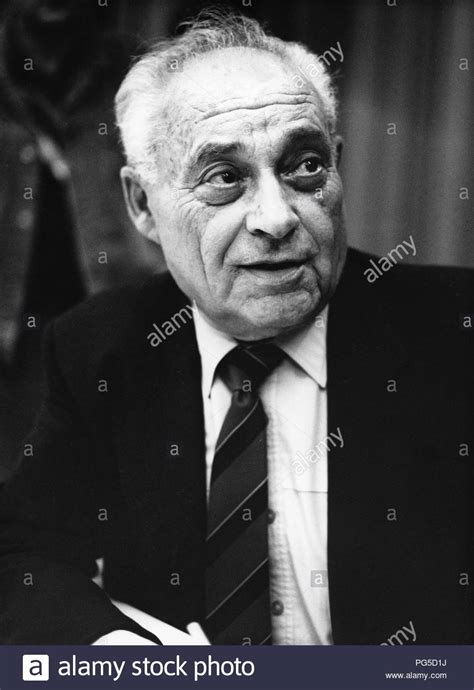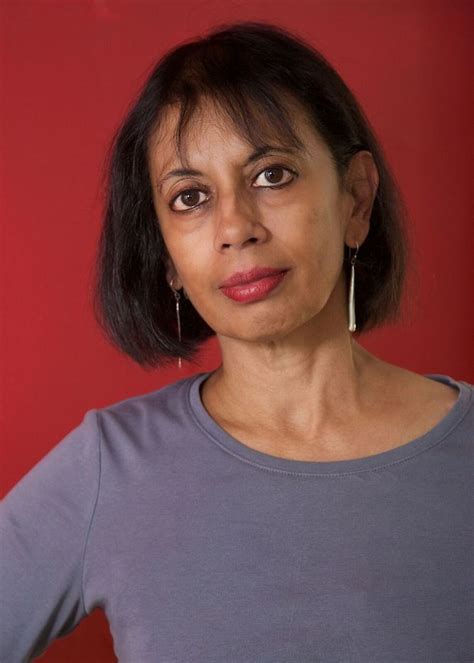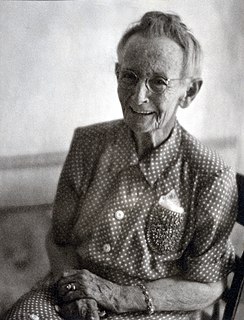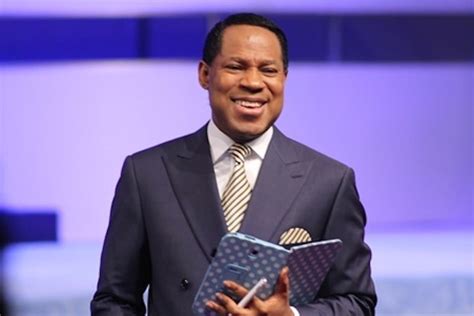A Quote by Bobbie Ann Mason
Related Quotes
You have to be reminded of a basic fact: intelligence belongs to the watching consciousness; memory belongs to the mind. Memory is one thing - memory is not intelligence. But the whole of humanity has been deceived for centuries and told indirectly that the memory is intelligence. Your schools, your colleges, your universities are not trying to find your intelligence; they are trying to find out who is capable of memorizing more. And now we know perfectly well that memory is a mechanical thing. A computer can have memory, but a computer cannot have intelligence.
A writer's job is not complete without attention to precision. What you're trying to be precise about is your relationship to the observed thing. And "observed thing" could include remembered thing, fantasized thing, fictionalized thing, recorded thing, trans-altered thing. It's the model that's in front of you or in your brain or your memory or whatever. So you're trying to be precise about what it is you're seeing because it's very unlikely that you're going to be able to depict it as it is.
Writers remember everything...especially the hurts. Strip a writer to the buff, point to the scars, and he'll tell you the story of each small one. From the big ones you get novels. A little talent is a nice thing to have if you want to be a writer, but the only real requirement is the ability to remember the story of every scar. Art consists of the persistence of memory.
We no longer see the evolution of the nervous system, but that of a certain individual. The role of the memory is very important but... not as important as we believe. Most of the important things that we do don't depend on memory. To hear, to see, to touch, to feel happiness and pain; these are functions which are independent of memory; it is an a priori thing. Thus, for me, what memory does is to modify that a priori thing, and this it does in a very profound way.
It looks like the writer is telling you a story. What the writer is actually doing, however, is using words to evoke a series of micromemories from your own experience that inmix, join, and connect in your mind in an order the writer controls, so that, in effect, you have a sustained memory of something that never happened to you.
Memory is a dead thing. Memory is not truth and cannot ever be, because truth is always alive, truth is life; memory is persistence of that which is no more. It is living in ghost world, but it contains us, it is our prison. In fact it is us. Memory creates the knot, the complex called the I and the ego





































